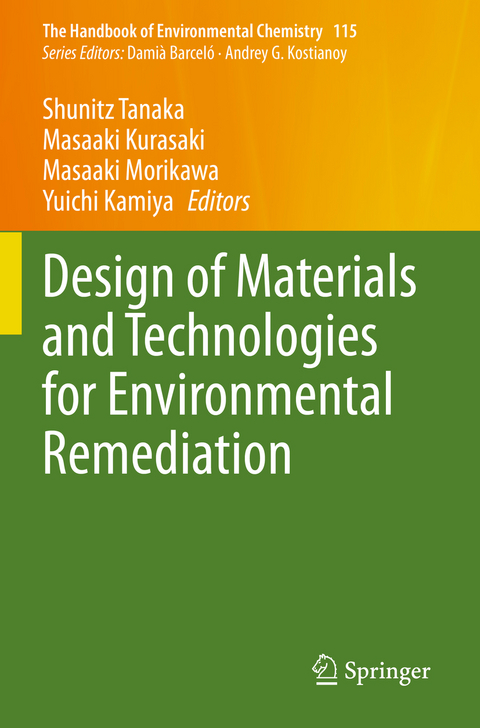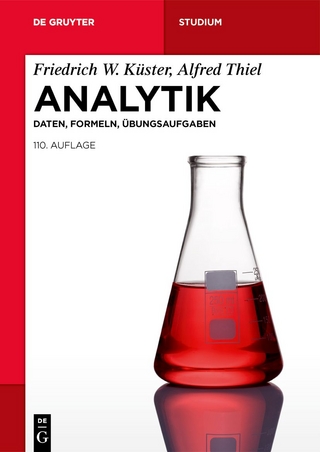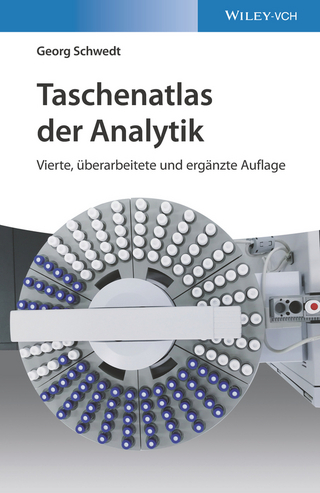
Design of Materials and Technologies for Environmental Remediation
Springer Verlag, Singapore
978-981-19-5238-8 (ISBN)
Shunitz Tanaka received Ph.D(Science) from Hokkaido University in 1987. His research interests include analytical chemistry, environmental chemistry and remediation technology. He is currently a chief director at Hokkaido Environmental Science and Technology Center. He is the author of book titled “Analysis of Water(Version 5))” and “Science and Technology for Environmental Remediation”. He published 204 articles, contributed to 21 book chapters and 24 reviews. He published articles in internationally renowned journals such as Analytical Chemistry and Environmental Science and Technology. He won an award for distinguished service in the Japan Society of Analytical Chemistry(JSAC) and an award of Hokkaido Analytical Chemistry of Hokkaido branch of JSAC. He has 37 years in teaching experiences at Faculty of Science and Graduate School of Environmental Science of Hokkaido University. Masaaki Kurasaki receivedreceived his Ph.D (Environmental Science) from Hokkaido University in 1993. His research interests include environmental toxicology, cell biology, biochemistry and remediation technology. He is currently Associate Professor at Faculty of Environmental Earth Sience, Hokkaido University. He is an author of book titled “Prospect 21st Century People and Environment”, “Basic biochemistry experiments” and “The forefront of photoaging chemistry”. He published 156 articles, contributed to 25 books and 8 reviews. He published articles in internationally renowned journals such as Cellular and Molecular Life Sciences, Chemical Engineering Journal, and Nature.He has 34 years in teaching experiences at Graduate School of Environmental Science of Hokkaido University. Masaaki Morikawa has been appointed a Professor of Environmental Molecular Biology, Faculty of Environmental Earth Science, Hokkaido University since May 2004. He has been studied mainly in thefield of environmental microbiology, including thermophiles, psychrophiles, and hydrocarbon degrading bacteria. He also studies about the structure-function relationships of enzymes and biosurfactant molecules. His new research interest is in beneficial plant-microbe interactions, exploring new environmental biotechnology. He published more than one hundred and forty articles including internationally renowned Journal such as Environ. Sci. Technol., Chemosphere, and Microbial Biotechnol. A number of his achievements has been recognized by Best Paper Award of Journal Bioscience and Bioengineering (1992, 1993, 1998), The Takeda Techno-Entrepreneurship Award 2001 (2001), Fermentation and Metabolisms Research Award (2003), The Amano Research Promoted Award on Enzyme Application (2007), and JSBBA Innovative Research Program Award (2011). He is a vice-president of Japan Society for Environmental Biotechnology. Yuichi Kamiya received his Ph.D(Eng.) from Nagoya University in 2003. His research interests include catalytic chemistry and engineering for water purification and design of heterogeneous catalysts based on ordered assembly of well-defined metal and metal oxide clusters. He is currently a professor at Hokkaido University. He published 105 articles, 3 reviews, and 2 book chapters. He published articles in internationally renowned journals such as Journal of Catalysis, ACS Catalysis, Chemical Communications, and Water Researches. He won The Japan Petroleum Institute Award for Encouragement of Research and Development. He has 17 years in teaching experience at Graduate School of Environmental Science, Hokkaido University.
Environmental Pollution and Remediation.- Some Pollution Problems to Consider the Design for Remediation.- Effects of Metals on Human Health and Ecosystem.- Effects of Persistent Organic Pollutants (POPs) in the Ecosystem and Human Health: Focusing on Chlorinated Chemicals.- Electrokinetic Remediation.- Phytoremediation: Background, Principle, and Application, Plant Species Used for Phytoremediation.- Electrochemical Decomposition and Adsorption for Removal of Organic Pollutants from Water.- Bioremediation: From Key Enzymes to Practical Technologies.- Environmentally Friendly Adsorbents.- Preparation and Modification of Activated Carbon Surface and Functions for Environments.- Pyrolysis to Produce Hydrochar and Biochar Carbon Material for Carbon Removal and Sustainable Environmental Technology.- Graphene Oxide for Elimination of Dyes.- Heterogeneous Catalysts for Environmental Purification.- Coal Fly/BottomAsh, Hydroxylapatite, and Hydrotalcite.- Bio-Inspired Materials for Environmental Remediation.- Zero-Valent Iron and Some Other Nanometal Particles for Environmental Remediation.- Magnetic Separation of Pollutants for Environmental Remediation.- Easily Collectable Floating-Up Adsorbents to Remove Pollutants.- Remediation by Floating Plants.
| Erscheinungsdatum | 11.01.2024 |
|---|---|
| Reihe/Serie | The Handbook of Environmental Chemistry |
| Zusatzinfo | 50 Illustrations, color; 50 Illustrations, black and white; XIV, 681 p. 100 illus., 50 illus. in color. |
| Verlagsort | Singapore |
| Sprache | englisch |
| Maße | 155 x 235 mm |
| Themenwelt | Naturwissenschaften ► Chemie ► Analytische Chemie |
| Naturwissenschaften ► Chemie ► Organische Chemie | |
| Technik ► Maschinenbau | |
| Technik ► Umwelttechnik / Biotechnologie | |
| Schlagworte | Easily collectable adsorbents • Environmental remediation • Material Design • Phyto- and Bio-remediation • Pollution with chemicals |
| ISBN-10 | 981-19-5238-8 / 9811952388 |
| ISBN-13 | 978-981-19-5238-8 / 9789811952388 |
| Zustand | Neuware |
| Informationen gemäß Produktsicherheitsverordnung (GPSR) | |
| Haben Sie eine Frage zum Produkt? |
aus dem Bereich


